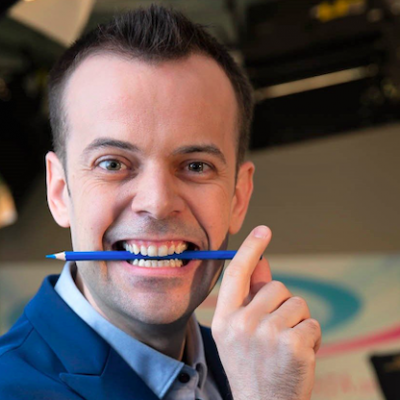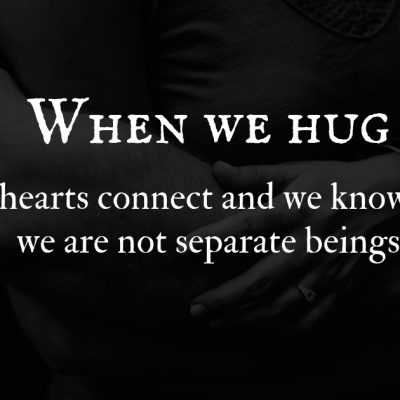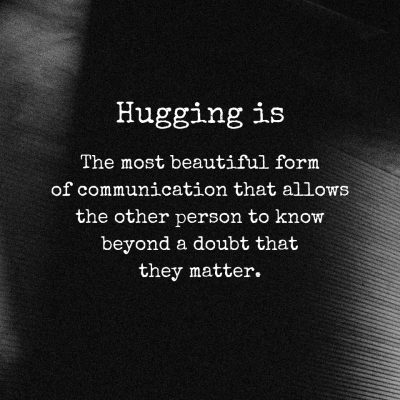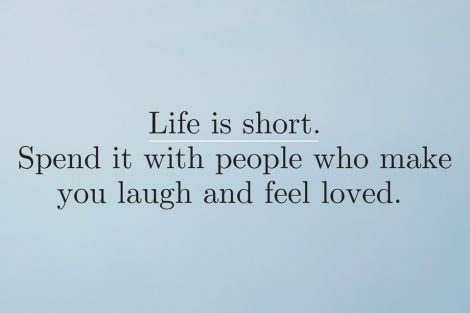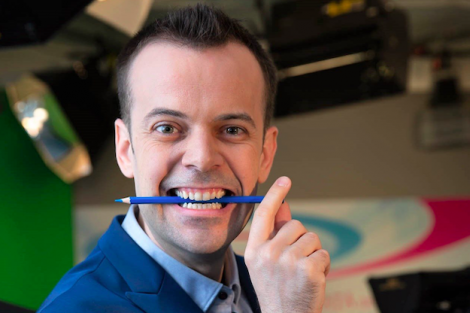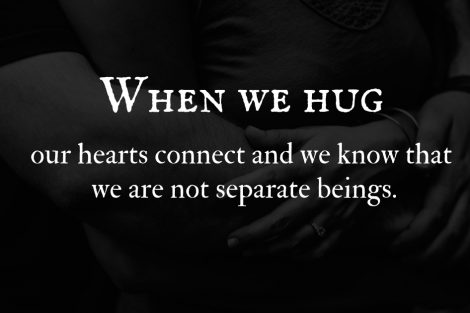How come more and more people choose to believe all sorts of conspiracy theories? The last conspiracy to gain world recognition is the one saying the Earth is flat. So what’s the science behind conspiracy theories?

MORE: If You Have Any Of These 6 Traits, You Belong To The World’s Rarest Personality Type
According to two separate studies, people who believe in conspiracy theories seek to be unique. Their desire to be one of a kind is what compels them to trust in conspiracy theories.
MORE: Why People With Blood Type 0 Are So Special
Believing in a certain theory that no one else considers to be true is something that can ultimately give you a rare taste. In their hunt for gaining unique status, these people could believe almost anything. As long as that belief has a very small range of audience.
MORE: When Reality Looks Better Than Photoshop: Here Are Some Unique Places on Earth
Researchers have discovered that people who believe in conspiracies are more likely to think they have information no one else has. They also found that the fewer followers a conspiracy has the much more interest it gathers.
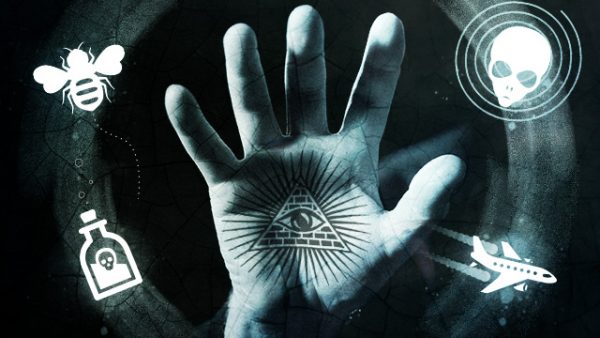
MORE: Does Money Really Change Who We Are?
The wish to stick out from the crowd drives them to believe all kinds of outrageous plots. The content of such peculiar ideas doesn’t even matter, it’s the unconventional side of it that draws people to them.
MORE: Einstein’s Profound Yet Simple Theory Of Happiness
“Together, these findings support the notion that conspiracy beliefs can be adopted as a means to attain a sense of uniqueness,” the authors of both studies available in Social Psychology and the European Journal of Social Psychology wrote.
Any ‘conspiracy aficionados’ in your group of friends? Share this post with them!


